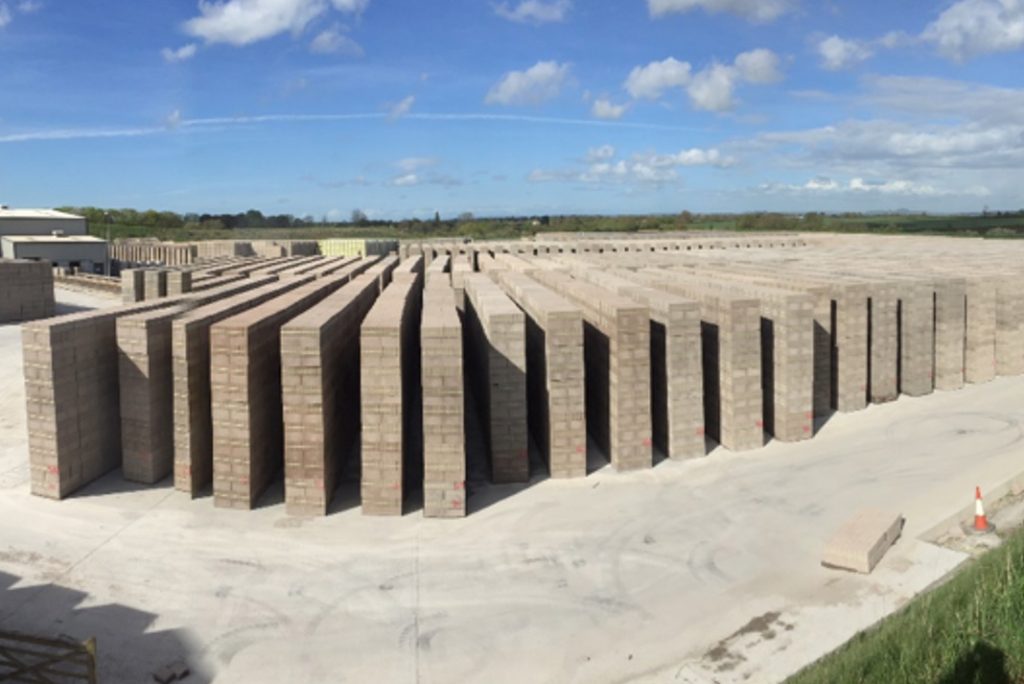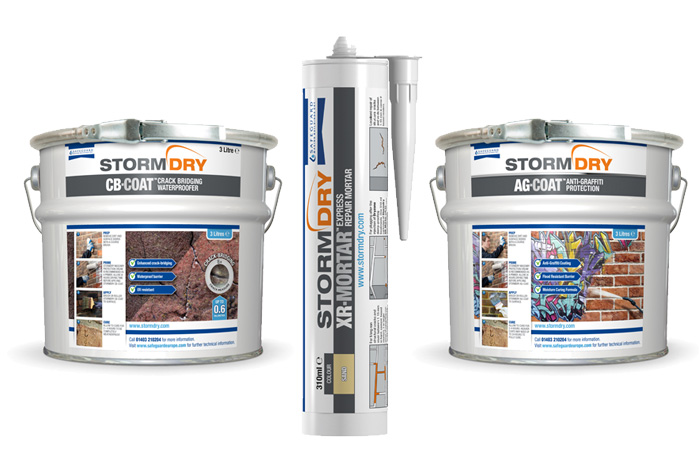The benefits of concrete blocks

The Concrete Block Association (CBA), the independent UK body for aggregate concrete block manufacturers, has launched its part of the Modern Masonry ‘Better Built in Blockwork’ campaign to educate the construction industry on benefits of concrete block construction.
The CBA has created an online portal, backed up with an events programme focused on the benefits of using concrete blocks. The portal includes guidance aimed across the construction industry, with everything from datasheets to support design, supplier choice advice and guidance as to the benefits of concrete blocks.
From ultra-lightweight to dense, concrete blocks help achieve the highest levels of fabric energy efficiency in the long term. Their attributes include:
- Fire and flood resistance
- Good acoustic performance due to mass and damping qualities
- A thermal mass that naturally keeps temperatures cool in the summer and warm in the winter
- Cost-efficiency; minimal need for ongoing maintenance
- Resistance to currency fluctuations as concrete blocks are manufactured locally in the UK
To launch its ‘Better Built in Blockwork’ activity, the CBA is unveiling a free online U-value calculator. This invaluable tool provides interactive help in choosing block and insulation combinations to achieve required U-values. In addition, the CBA offers a comprehensive set of thermal bridging construction details free to download. These help designers and SAP assessor optimise projects with accurate psi values for each thermal bridge.
Thermal transmittance and the impact of thermal bridging
Thermal transmittance, or U-value, is the rate of transfer of heat through a structure (which can be a single material or a composite), divided by the difference in temperature across that structure. To calculate a building’s U-value, you have to consider the different elements layer by layer.
The CBA’s new online calculator helps people decipher this complex equation and make the right material choice. It simplifies the process of finding the desired U-value, ensuring greater efficiency and accuracy.
The highest level of fabric energy efficiency can be achieved with concrete block construction. This will ensure long-term airtightness, minimal thermal bridging and gives different options for locating insulation.
Our building stock is gradually becoming more airtight through the use of higher performance materials. During construction greater attention is being paid to the junctions and sealing between different materials. As a result, thermal bridging becomes of central concern as its relative effects are heightened. Especially in a cold climate such as the UK, any break in insulation can significantly add to heat loss. Thermal bridging can be responsible for up to 30% of heat loss in a modern building.
Andrew Minson, executive director of Modern Masonry, the umbrella body for masonry, said: “The U-value calculator is a really simple tool that makes a big difference for specifiers to help them make the right choice. Together with the extensive thermal bridging details and calculated psi values designers can ensure they optimise the thermal efficiency of masonry construction to meet regulations or even exceed them if desired.”
Minson goes on to contextualise this with recent consumer trends: “Energy efficiency has been a core consideration for the construction industry for some time. However, consumers are also becoming increasingly aware of the impact their energy usage has on the climate, and realise better insulation means lower heating bills. According to an Energy Savings Trust survey, nearly 90% of UK homeowners completing a home improvement between 2013-2016 made energy efficiency upgrades.”
Commenting on the CBA’s ongoing role and purpose, he continued: “Membership of The CBA is a mark of quality and we only recommend using blocks purchased from our accredited manufacturers. Members are committed to producing robust, high performance construction materials of the highest standard. Members have increased output to meet the demand from increasing housing starts over recent years, and as the government pushes to deliver 300,000 houses per year, concrete block production will be further increased to meet this demand and deliver long-lasting thermally efficient homes.”














